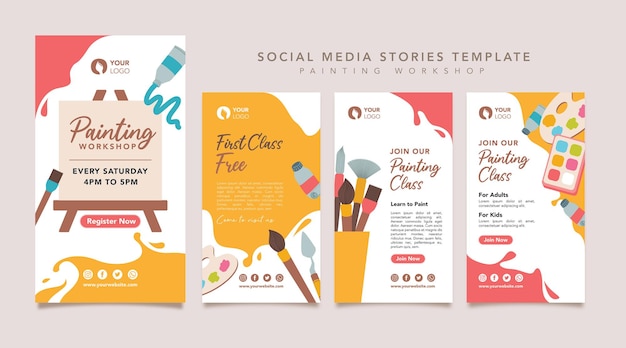
Writing a book can turn out to be a long and tedious task. However, the challenge doesn’t end there; one must then find the best way to get it into the hands of readers. Today’s world offers writers several publishing methods, more than just the conventional publishing avenues of yesteryears. These include self-publishing, traditional publishing, and hybrid publishing. But, which of these publishing techniques is more beneficial in the long-term financially?
UNDERSTANDING SELF-PUBLISHING
While self-publishing means you’ll be carrying most of the workload, on the bright side, it affords you complete creative control and all the royalties. You’re at liberty to design the book your way and write in a style that suits you, marketing it however and wherever you like. If you’re a writer with entrepreneurial tendencies, this method could be the most appropriate for you. There are several great self-publishing options available.
AGGREGATORS EXPLAINED
Aggregators help authors in the self-publishing process, primarily by providing platforms to publish and distribute eBooks. Once your book is ready via their tools, they list it on their platforms and other online retailers to widen your reach. Some aggregators have bonuses: they can get your book submitted to retailers who don’t deal directly with authors. However, aggregators charge 10-20% on top of the retailer fees, decreasing your income, despite the wider reach. Examples of renowned aggregators include Amazon Kindle Direct Publishing, Apple’s iBookstore, Barnes and Noble’s Press, BookBaby, CreateSpace, Draft2Digital, IngramSpark, Kobe, Lulu, SmashWords.
AMAZON DIRECT PUBLISHING
With this platform, you can create and begin selling your book almost instantly. It offers free-to-use tools to create your book, with a helpful support team if needed. Choosing Amazon to self-publish can generate around 70% royalties on eBooks and 80% royalties on physical books, but you still bear the printing costs for physical books.
BLURB
Blurb has been in the self-publishing business for a good while. They offer diverse tools for creating your book for different platforms. After creation, it gives you the option to print hardcopies or sell on-demand. You can also connect your on-demand sales to other platforms such as Amazon, Kickstarter, and your own website.
RETAILERS
Retailers help simplify self-publishing by offering their tools for creating a book and connecting it to their stores. Your earnings with retailers depend on their payment structures. Prominent retailers include Amazon Kindle Direct Publishing, Apple’s iBookstore, Barnes and Noble’s Press, CreateSpace, Kobe.
TRADITIONAL PUBLISHING
With traditional publishing, you submit your work to various agents hoping one of them takes it on. The process involves numerous rejections, several edits, and possibly different editors working on your book. Perks of traditional publishing include prestige, validation, easy access to bookstores, and a higher chance of winning book awards.
HYBRID PUBLISHING
Hybrid publishing combines the features of self-publishing and traditional publishing. With a hybrid publisher, you maintain much control over your book, but you’ll also get editorial assistance. However, you’ll bear the marketing costs unless you pay for their PR services.
WHICH IS MORE PROFITABLE?
The profitability of a publishing method is based on your goals for your book. If you want recognition and acclaim, traditional or hybrid publishing may be suitable. But for writers eager to introduce their work to readers, self-publishing may be the best route. It’s less expensive to self-publish or go the traditional route, but self-publishing is much simpler. Traditional publishing is potentially the most profitable if you can secure a publishing house. Otherwise, you might prefer self-publishing, as you get to retain all proceeds.


